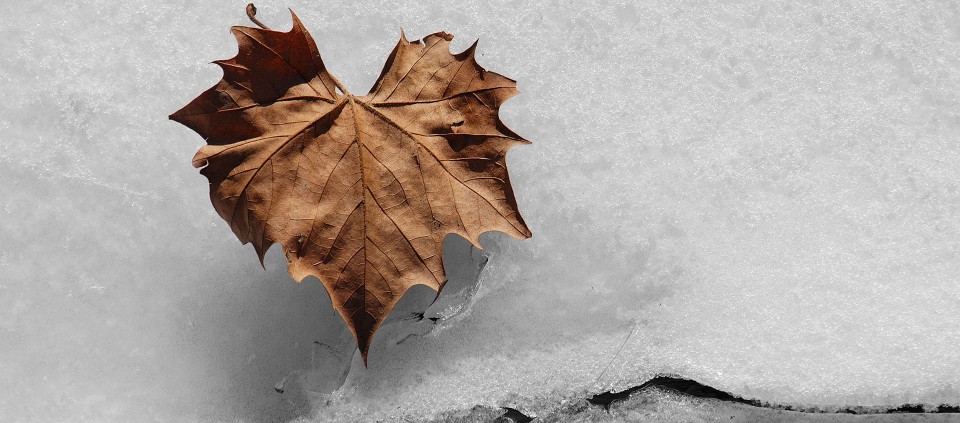Caring for a Broken Heart, Especially During the Holidays

“If light is in your heart, you will find your way home.”
—Hafiz
Life is full of change, and not all of those changes are welcome. Sometimes they bring deep loss—the loss of a beloved relationship or a longtime job, the death of someone we love, or the gradual or sudden loss of our own physical functioning through illness, disability, or aging. These kinds of changes can break our hearts.
The journey to heal a broken heart is one we will all make over and over again in our lives. But having gone through it before doesn’t seem to make it any easier. What every deep loss has in common is the pain that comes with it.
When we are in pain, the holidays can be one of the hardest times. When nursing a broken heart, we might hope for—and expect—connection and caring in gathering together with friends and family. However, the reality is that these times are often challenging even when we’re not grieving a loss. Others who we expect to be helpful might not know how to act or how to be with us.
Worst of all, sometimes our loss stimulates other people's fear of loss, or their own unresolved grief. Rather than coming towards us, they may inadvertently steer clear. All of these things can leave us feeling even more isolated and alone.
Skillful self-care during the holidays is extremely important. Part of that self-care may involve spending time with people who have experience helping others heal from loss. For the last 41 years at the Opening the Heart (OTH) Workshop, thousands of participants have had help sitting with the pain of a broken heart in an atmosphere of kindness, deep safety, and support. In this setting, the heart can begin to relax, and it becomes possible to take the next steps in the journey of healing.
While each of our hearts has its own rhythm and timing for healing, over the years, we have learned these four truths about the broken heart.
1. Everyone gets their heart broken at one time or another. There is nothing shameful about a broken heart; it is merely a natural reaction to loss, which happens to us all. At the OTH Workshop, people see this up close. They have the opportunity to connect with others as part of their healing process, giving and receiving kindness and compassion.
2. It hurts much more when we run away from it. Like waves in an inner ocean, our feelings are constantly arising. Also like waves, they will subside, but usually only after they are felt. When feelings are buried, they are always buried alive. With support and safety, our hearts can begin to relax. In the OTH Workshop, there is deep support for the courageous work of opening bit-by-bit to one’s broken heart, and feeling as little or as much as you’re ready for. Feeling one’s feelings generally precedes being able to let go of the pain and moving on.
3. When you are in pain, get love. If there is a remedy in this world for our broken hearts, it is love. Reaching out for love sounds simple, but often is not that easy. As one of my friends and mentors used to say, “We all long for love, but we’ve been hurt by life, and so we are afraid.” At the OTH Workshop, we create an environment of deep safety and support, so that the group can rest in the experience of receiving kindness, compassion, and love from our fellow humans.
4. After pain comes new life. When we’re hurting, it may seem like we will never heal. But the seasons of the heart do change and, especially with proper care, the pain will ease. As the song “The Rose” reminds us, “Just remember, in the winter, far beneath the bitter snow, lies the seed that with the sun’s love in the spring becomes the rose.” When your heart feels as chilly as a winter day, remembering this can offer a ray of hope and warmth—not just for the holidays, but also for the road ahead.
Find out about Opening the Heart Workshops at Kripalu with Linda Aranda-Belliveau.
© Kripalu Center for Yoga & Health. All rights reserved. To request permission to reprint, please e-mail editor@kripalu.org.
Linda Aranda Belliveau, MEd, has led Opening the Heart Workshops™ for 44 years.
Full Bio and Programs